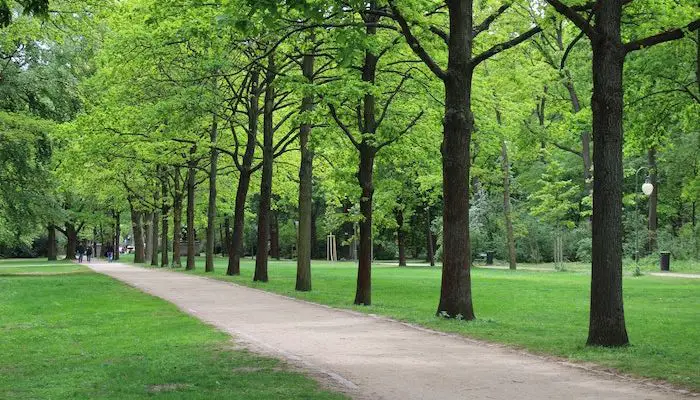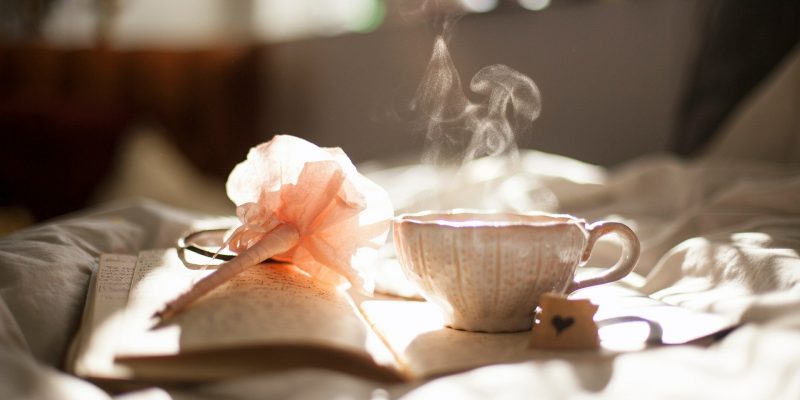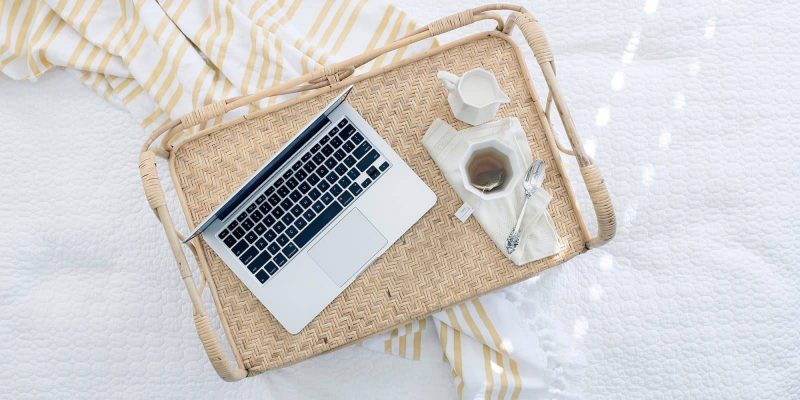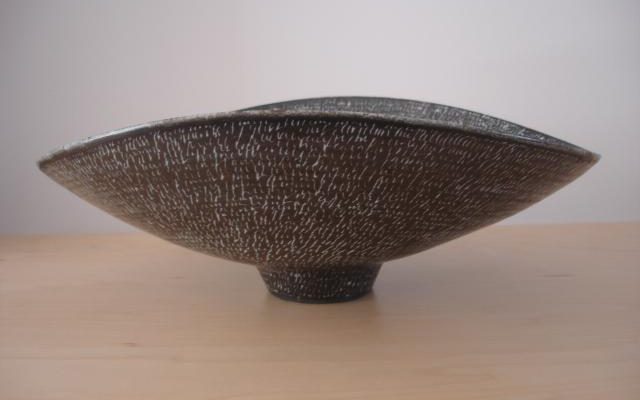The mind likes to latch onto a negative thought, and spin stories about it. As a result, we end up getting lost in a narrative filled grief, anxiety, and pain.
However, practicing genuine curiosity about your thoughts can bring about feelings of calm. Try this meditation below.









